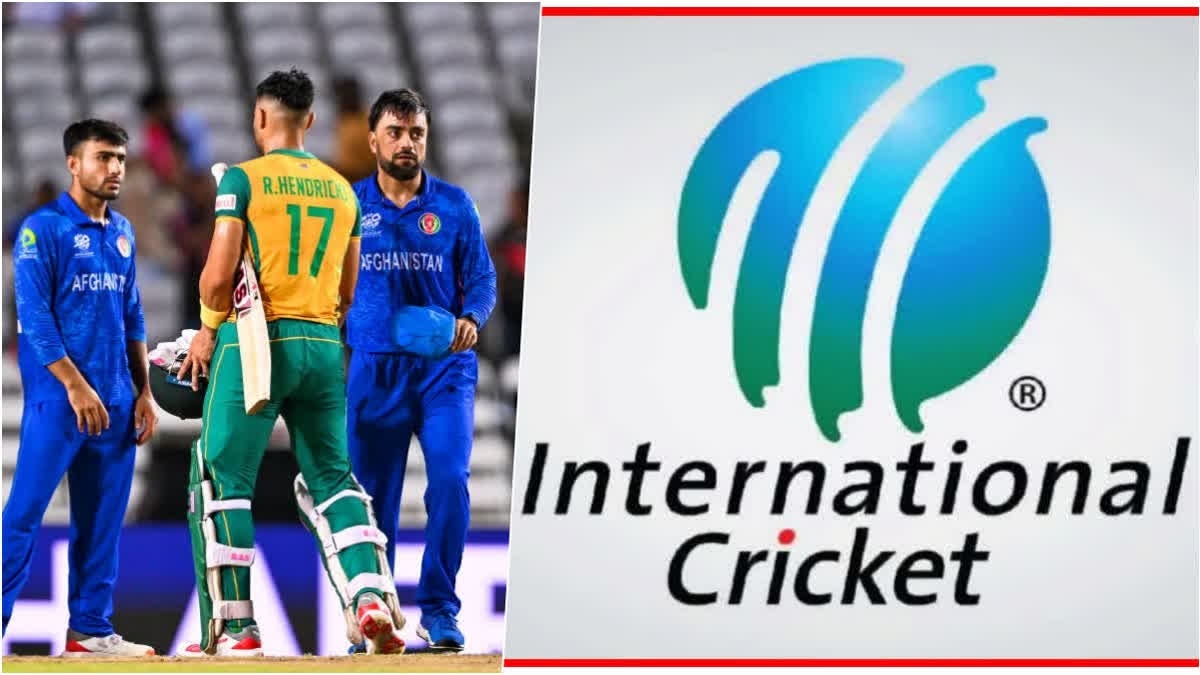Hyderabad: The International Cricket Council (ICC) releases ratings for players and teams at a regular frequency. The players are ranked based on the rating points they are given by the ICC and these rankings change based on the individual performance of the players. For team rankings, a series win helps teams improve their rankings.
Now, let us take a look at how the ICC rankings are calculated and what factors affect the rankings of a player or team.
What are ICC rankings?
ICC Player Ranking is a table where the performance of the international cricketers is evaluated using a points system. The players are rated on a scale of 0 to 1000 points based on their performance where 0 denotes the worst performance while 1000 points highlight the best performance. Also, if a player’s performance is better than the previous year, then his points increase while if the player’s performance goes through a slump, his points decrease.
How the rating points are calculated
The value of each player’s performance within a match is calculated through an algorithm which is a series of calculations keeping in mind different factors during the match. The algorithm also considers runs scored and wickets taken by the player in the fixture. If a player contributes to his team during a critical juncture the performance is rated quite high by the algorithm.
Also, the factors to determine rating points vary according to the format.
Batters’ Rankings Decided On Basis Of
- Out of Not Out (Batters are given bonus points for staying Not Out)
- The quality of the opposition bowling unit. The tougher opposition bowlers are, batters get higher value for their knocks.
- Runs scored in the second innings usually get more weightage as they come during the chase.
- The juncture at which the batter has scored runs. E.g a batter who scores runs in a crisis is rated highly.
- Runs scored in a match where high totals are scored are given more significance.
- If a batter is a top-scorer for his side and his team wins the match, he gets bonus points. More bonus points will be awarded if he scores against tougher opposition.
Factors which determine bowlers’ Rankings
- Wickets taken and runs leaked
- The ranking of the batter who was dismissed. A bowler dismissing Virat Kohli will get more rating points as compared to the bowler who will get the wicket of Jasprit Bumrah.
- Bowlers who bowl a huge chunk of overs for their teams usually get more weightage.
When are the rankings published?
Usually, the ICC updates Test rankings after each match and ODI rankings after each series. However, they don’t immediately release the updated Test rankings if another Test match is in progress.
A player who gets 500 rating points is considered to be a good player while rating points more than 750 are considered to be potentially good to be ranked amongst the top 10. However, if a player gets more than 900 rating points, he is considered to be one of the best players.
